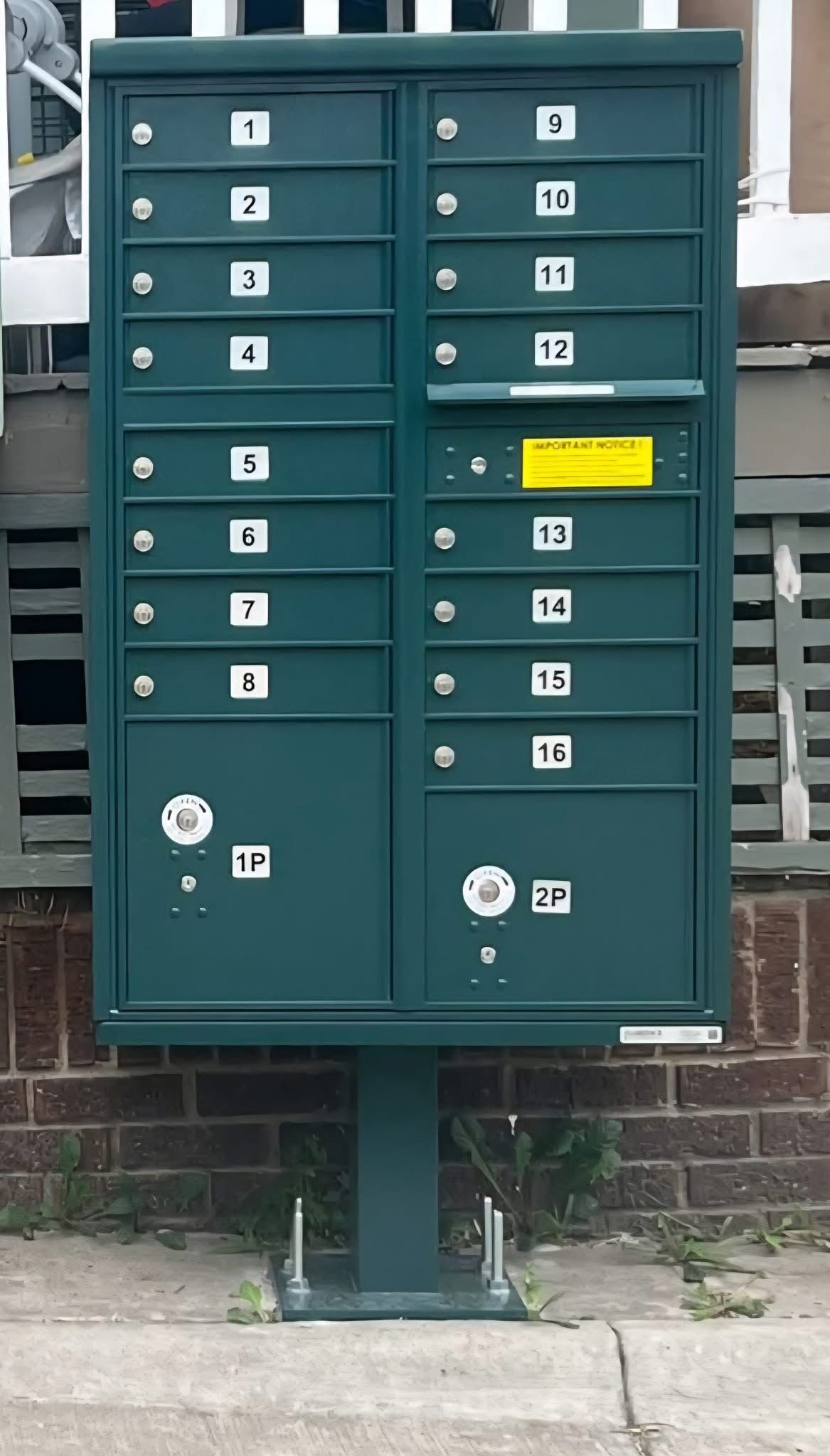Ex-inmate wants to keep families connected.
Previously, in our article, Is social support the cure for recidivism, we discussed the importance of social connections for ex-offenders when they re-enter their community. We cited evidence to support the claims that social support from loved ones post-incarceration significantly reduces the likelihood of re-incarceration. Social support increase well-being, resilience, and flourishing.
It is well known that over 50% of released prisoners are re-incarcerated within three years of their release (Pettus-Davis et al., 2017). In the last article, we shared what one group of researchers found related to an intervention designed to increase social support for ex-prisoners and their self-identified supporters.
In this article, we want to discuss what a former inmate is doing to increase social support and increase well-being.
Marcus Bullock was just 15 years old when he was arrested for carjacking and was given an 8-year prison sentence. In an article from KETV in Omaha, he told reporters that he began to struggle quite a bit during his sentence, and his mother made a promise to give him hope.
His mother promised to send a letter or picture every day for the remainder of his sentence, “just so you can feel the love and that you are cared for and that there’s life waiting for you on the other side of this fence.” Bullock credits these letters as “what set me up for potential success before I came home.”
Bullock’s experience led him to become the founder of Flikshop, an app that allows users to send personalized photos and messages to anyone who is incarcerated, with the goal of reducing the number of incarcerated individuals who return to prison (called recidivism).
In the KETV article, he believed that “if we want to be able to lower the rate of recidivism, then we have to be thoughtful bout how we introduce family connections and opportunities, social capital, resources back to these people well before they come home.”
Research supports Bullock’s ideas. There have been more recent articles published about the importance of social support for prisoners, but an article by Listwan and colleagues in 2010 addresses well-being in particular, a topic we are always interested in researching and evaluating.
The Liswan et al. article discussed the link between coercive prison environments and inmate well-being, and examined whether social support moderates the effects of victimization and coercion.
"Violence and victimization in prison are clearly significant stressors or traumatic events that could affect psychological well-being,” they said.
Inmates who have been victimized often have increased rates of disciplinary infractions, requests for services, and request for housing transfers, all of which increase costs to taxpayers. Several researchers have suggested that social support creates a buffer against the effects of stressful and traumatic events (Listwan et al., 2010).
“This study focuses on the psychological effect of coercion and social support, specifically their effect on producing posttraumatic stress cognitions and symptoms among inmates. Theoretically, coercion should increase these posttraumatic stress cognitions and symptoms whereas social support should reduce them,” the researchers reasoned.
The researchers interviewed 1,618 recently released male inmates who had served time in a Midwestern prison, and they measured well-being through two established survey instruments. Researchers also measured experiences of coercion and social support while in prison.
Listwan and colleagues did find support for two of their hypotheses: (1) That coercion decreases psychological well-being among prisoners; and (2) that social support increases psychological well-being.
However, they did not find support for the hypothesis that social support moderates the effect of coercion on psychological well-being. They believe that social support and coercion are independent contributors to posttraumatic cognitions.
Although the researchers didn’t find the results they wanted, we still believe in the power of social connections. And we support the Flikshop app for increasing social support.
Flikshop’s mission: “We want every person in every cell to receive mail every day. Love and support will reduce recidivism.” We agree. That is the power of social connection.
Learn about Flikshop at their website: https://www.flikshop.com/










